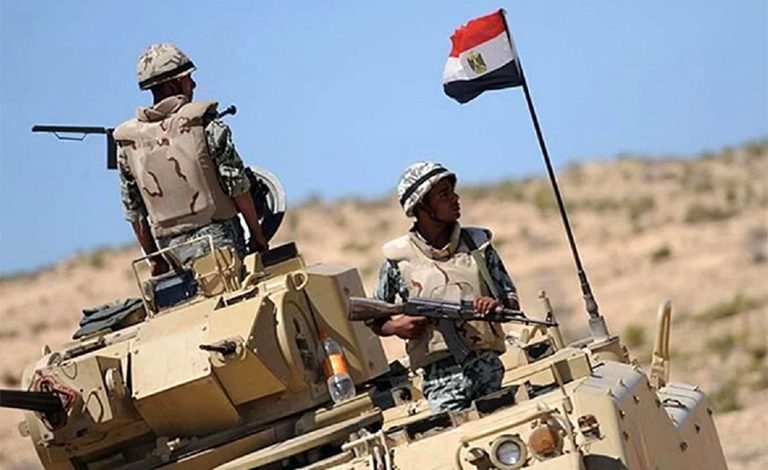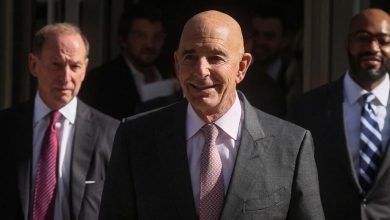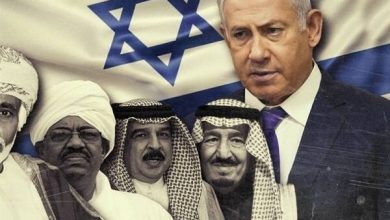“The Egyptian Army in Sinai: Resilience and Sovereignty Amid Regional Developments and Potential Threats”

 Hawraa al Massri:
Hawraa al Massri:
Recently, Egyptian President Abdel Fattah el-Sisi made clear and explicit statements regarding the recent actions of the Zionist entity, emphasizing that this enemy is striving to undermine any previously concluded peace agreements, placing the region under widespread threats to security and stability.
Abdel Fattah not only stressed the importance of maintaining regional stability but also highlighted the need to strengthen military presence in Sinai to protect Egypt’s national security. These statements have raised several questions: in light of the aggression against Iran and the bombing of Doha, how are regional equations shifting? Is the era of the peace treaty approaching a critical juncture?
To understand this matter, it is essential to examine the recent developments on the regional stage.
“Regional Security: Between Collapse and Stability”
Recent developments have sparked significant concerns regarding Gulf and regional security. The attack on Doha demonstrated the boldness and blatant aggression of the Zionist entity against Hamas leaders in the heart of the Qatari capital. Egypt’s role in maintaining balance between regional powers and the entity is crucial, as reflected in its recent statements.
The aggression against the Islamic Republic reinforced Egypt’s strategic strength, showing that it is capable of defending regional security due to its balanced relations.
Egypt did not stop at statements and condemnations; it took decisive steps that caused the entity to reconsider and fear regional developments. By enhancing its military capabilities in Sinai, Egypt fortified national security and prepared to confront any potential threats.
“Sinai: Increased Military Presence”
Recently, Sinai has seen a significant buildup of military forces, coinciding with statements by U.S. President Donald Trump regarding plans to relocate Palestinians to Egypt and Jordan. Egypt clarified that this deployment is aimed at strengthening national security and protecting its borders from any future threats. This move has played a crucial role in safeguarding Sinai and sensitive areas near the entity.
This Egyptian initiative sent multiple messages, foremost that Egypt can fully assert its sovereignty and protect its territory without fear of any potential threats from the occupier.
In response, the Zionist entity appealed to the United States, accusing Egypt of violating the 1979 peace treaty. It further claimed that Egypt is building offensive military infrastructure in Sinai and transporting heavy weapons to demilitarized areas per the Camp David Agreement. These allegations were formally conveyed to the U.S. Secretary of State during his visit to Netanyahu. However, it is worth noting that while the entity accuses Egypt of violations, it itself has breached the agreement in areas such as Philadelphia and Morag.
The entity is also waging an intensive media campaign against Egypt, leaking reports about arms deals and aerial capabilities to exert political and psychological pressure. By inflaming media coverage, any attack on Cairo is framed logically before the international community, particularly the U.S.
Given these developments, Washington no longer appears as a neutral mediator but rather as a pressure actor on Egypt in favor of the usurping enemy.
“Occupied Jaffa Fears Egyptian Military Reinforcement”
Fears in occupied Jaffa have escalated due to Egypt’s reinforcement in Sinai, which has intensified military presence along the border with the Zionist entity. This development signals to the entity that the rules of the game can change at any moment, undermining the assumption that the peace treaty with Egypt guarantees non-interference in its violations.
According to Israeli Channel 12, military officials stated that Egypt’s military buildup in Sinai has become a major point of tension between occupied Jaffa and Cairo, alongside the ongoing war on Gaza, potentially paving the way for wider confrontations.
This buildup restricts the entity’s freedom of movement and strategic control over Sinai, hindering any plans to relocate Gazans there. Consequently, the entity quickly issued statements condemning the buildup, citing the peace treaty as justification. This raises the question: is the future of the peace treaty at risk?
“The Future of the Egypt-Entity Peace Treaty”
The peace treaty between Egypt and the Zionist entity, mediated by the U.S., currently faces instability. Peace could escalate into open conflict at any moment, especially in the coming days. The entity is attempting to pressure the U.S. to compel Egypt to withdraw its military buildup and reverse security measures in Sinai.
However, the outbreak of war seems unlikely, as Egypt is capable of maintaining peace while protecting its security and borders against attacks or future threats. The recent attack on Doha motivated Egypt to reinforce its military presence in Sinai and other sensitive areas critical to national security.
“Egypt: A Strategic Deterrent Power”
The Zionist entity’s concern over Egypt’s military deployment highlights that Egypt plays a central role in strategic deterrence, not merely a defensive capacity. Its ability to maintain regional balance amid escalations underscores its importance as a deterrent state, even while at peace with the entity.
Nonetheless, despite its strategic and political strength, Egypt may face attempts to destabilize its internal security by the U.S. and the occupier, along with potential interference in highly sensitive border regions.
Ultimately, the presence of the Egyptian army in Sinai clearly signals Egypt’s sovereignty and strategic deterrence capabilities. Amid the bombing of Doha, aggression against Iran, and ongoing threats from the enemy, all Egyptian actions affirm that national security is a red line, and the peace treaty does not hinder the protection of national sovereignty.







